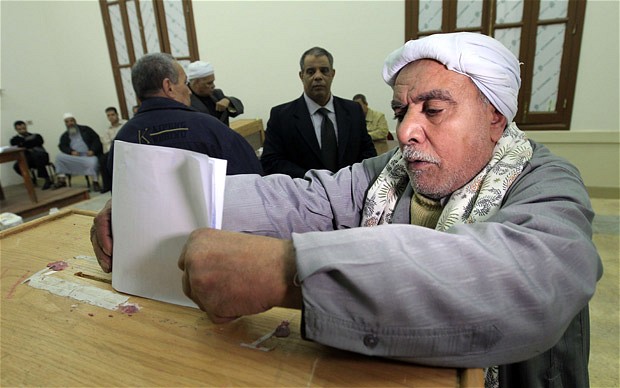By Alexander Dziadosz /Reuters
KHARTOUM/CAIRO: Egypt is mounting a diplomatic offensive to defuse tensions between Sudan and South Sudan that have raised fears the two former civil war foes could return to a full-blown conflict.
Egypt’s Foreign Minister Mohamed Kamel Amr arrived at Khartoum airport on Sunday for talks after the two countries clashed during the past week for control of an oil field.
“Egypt will make every possible effort to try to bridge the gap in viewpoints between Sudan and South Sudan and contain the existing border tensions between them after the occupation of Heglig,” Egypt’s state news agency MENA reported.
Tensions have run high between Khartoum and Juba since South Sudan seized control of the disputed Heglig oilfield on Tuesday. Sudan has vowed to recapture the region, which produced about half of the country’s 115,000-barrel-a-day oil output.
The fighting, which has halted production at the field, has been the worst since South Sudan declared independence in July.
On Saturday, the South said Sudanese warplanes had bombed Heglig town while the Sudanese army said it entered the Heglig region — something South Sudan’s army (SPLA) denied, saying the north’s troops were further away.
Both sides regularly make conflicting claims about the fighting, and limited access to the remote region makes it difficult to independently verify their statements.
The armed forces spokesmen from both sides were not immediately available to comment on Sunday.
Global powers have widely condemned South Sudan’s seizure of Heglig and urged the two sides to stop fighting and return to negotiations. South Sudan says Heglig, which many southerners refer to as Panthou, is its rightful territory.
The escalating border fighting comes as Sudan is battling armed insurgencies in its western Darfur region as well as its border states of South Kordofan and Blue Nile.
Khartoum accuses South Sudan of supporting the rebels in those areas, which Juba denies.
Both countries also face severe economic strain from the loss of oil revenues, including high inflation and currencies depreciating in the black market.
Landlocked South Sudan shut down its own output — about 350,000 barrels a day — in January after failing to agree how much it should pay to export crude via pipelines and other infrastructure in Sudan.
The two sides fought one of Africa’s longest and deadliest civil wars, which ended in 2005 with the peace deal that paved the way for the South’s independence.
But Juba and Khartoum have failed to resolve issues including the position of the 1,800-km (1,200-mile) border, division of the national debt and status of citizens in each other’s territory.
Some 2 million people died in the war, which lasted from 1955 until 2005. –Additional reporting by Yasmine Saleh.


